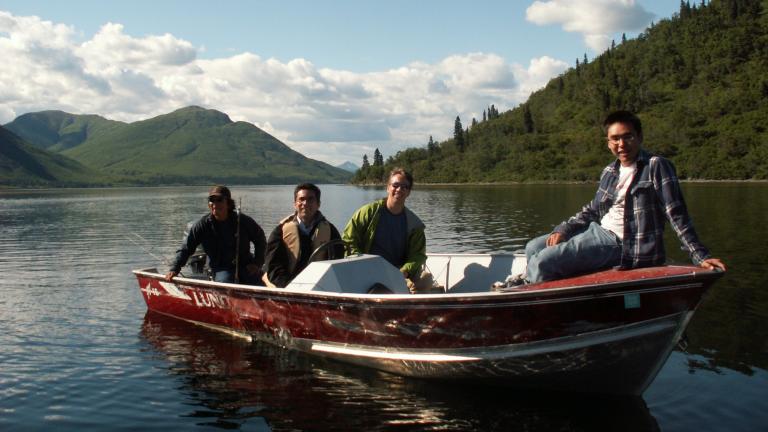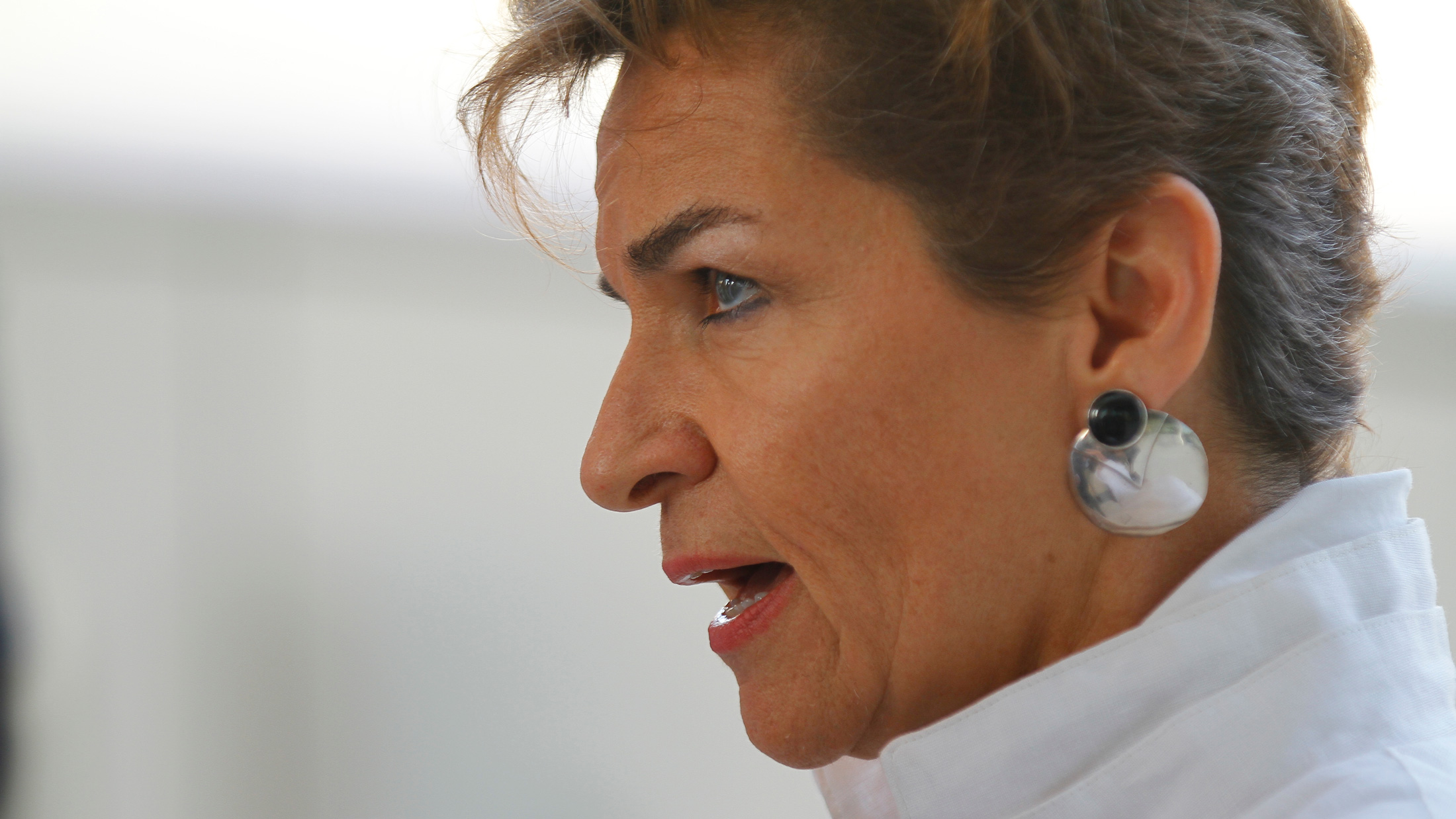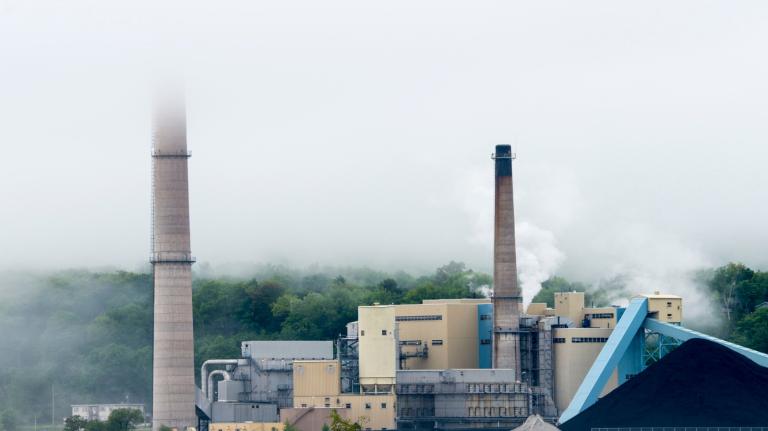Take your money out of dirty energy and put it into clean energy. No, that’s not 350.org talking (not this time, at least) — that’s from Christiana Figueres, chief of the U.N. Framework Convention on Climate Change.
On Wednesday, Figueres called on big firms that manage trillions of dollars of investments to dump fossil fuel stocks in favor of greener alternatives, arguing that such a shift would help the firms’ clients as well as the climate.
“The pensions, life insurances and nest eggs of billions of ordinary people depend on the long-term security and stability of institutional investment funds,” she said. “Climate change increasingly poses one of the biggest long-term threats to those investments and the wealth of the global economy.”
The United Nations climate chief has urged global financial institutions to triple their investments in clean energy to reach the $1 trillion a year mark that would help avert a climate catastrophe. …
“From where we are to where we need to be, we need to triple, and we need to do that — over the next five to 10 years would be best — but certainly by 2030,” she said.
The International Energy Agency said four years ago it would take $1tn a year in new infrastructure projects by 2030 to make the shift from a coal- and oil-based economy to the cleaner fuels and technologies that would help keep warming below the dangerous threshold of 2C.
Unfortunately, clean-energy investments are nowhere near that level yet, as Mother Jones reports:
Investment is on the decline for the second year in a row, according to new statistics released yesterday by Bloomberg New Energy Finance. In 2013, investors worldwide put $254 billion into clean energy technology, 20 percent below 2011’s record high.
A new program from SolarCity could help a little. The rooftop-solar company announced yesterday that it will now let individuals and small institutions invest in its projects. That won’t make up the three-quarters-of-a-trillion-dollar shortfall in needed clean energy investments, but hey, it’s something.



